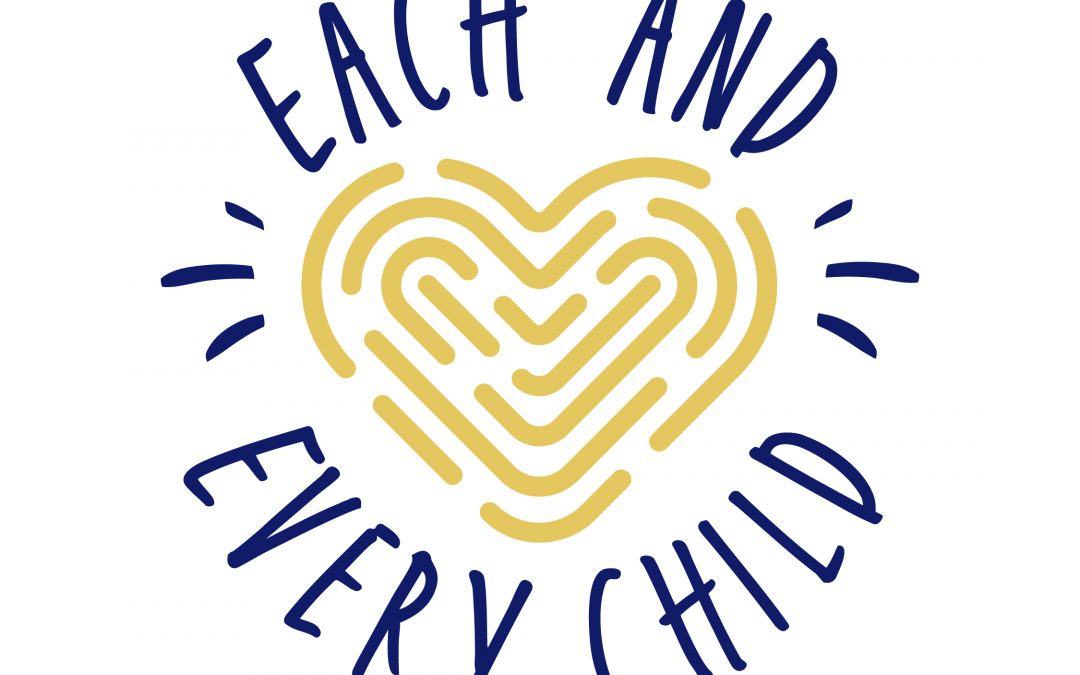Happy new year!
2022 brings Each and Every Child into the second year of the initiative. We wanted to start this year by sharing some thoughts on what we have been doing, and our plans for the year ahead.
Last year saw us launch our Framing Care Experience toolkit and we were delighted to share our evidenced based research and recommendations with you all. Over the year we delivered 25 ‘Introduction to Framing and Framing Care Experience’ sessions to over 550 individuals. It has been a learning journey for all of us, exploring how framing can be put into practice across different organisations, focusing on the particular needs and roles of each team we worked with. It has been inspiring to meet so many committed people working to support children, young people, and their families through challenging times
Changing wider societal attitudes towards people with lived experience of care will take time. We need to improve understanding of the wider context of the challenges families face on a daily basis and how we can build a flexible, responsive, trauma informed support system to build stronger communities where everyone can thrive. However, we are already seeing the impact of framing to set out a new way of supporting children, young people and their families:
“Plan 21-24 isn’t about building a new ‘system’. Rather, it is about building a country that cares, made up of services that work to meet the needs of children and families where and when they are needed. The system, the scaffolding around services, policy, budgets and legislation are secondary, and must shift to facilitate what children and families need and reflect what they have said matters at every level”
Fiona Duncan – The Promise Scotland
Framing has also been used to challenging stigma and to advocate for services that are needed to support our young people:
“If every family got the scaffolding of support around them and people got the right support and the right time, every child would have the opportunity to thrive regardless of their background… Scotland needs to get better at giving support to all families”
Kenny Murray – Who Cares? Scotland
“The key thing with scaffolding is you would never pull it away if you suspected the building wasn’t strong enough to stand alone”
Voices of Experience Member
Our biggest learning has come from the Voices of Experience Reference Group, which has been co-designing sessions to support people with experience of care to explore the framing recommendations when sharing their stories and experiences. One of the main topics of discussion was around the impact that people sharing their experiences has on service redesign, and how could framing support them to influence change. This led to a further discussion on re-traumatisation and how we can ensure people feel safe and protected when sharing their stories in a wider forum. We are currently also developing a session for the workforce that explores changes we can make in our practice to ensure that people with lived experience feel safe, protected and in control of how, where and why they share their stories and experiences.
The Voices of Experience Reference group will continue to work alongside us both as co-designers and co-facilitators. In the near future we are aiming to create a podcast to share the learning – so please keep an eye (and an ear) out for this!
We are at the start of the journey of Framing Care Experience. However, I wanted to share some thoughts on the scale of what could be achieved by looking at how framing is being used to affect change in conversations around poverty. Here, similar framing techniques and research have been used for several years and we can now see the impact that this is having on the discourse around poverty. In 2021 we saw big conversations around the cut to universal credit, and within these conversations how commonly the terms “a lifeline of support” and “the rising tide of poverty” were used by campaigners, the media and politicians. Both of these terms are excellent examples of the use of metaphor to explain and expose the systems at work. Most significantly, we need to ask: has this changed public opinion? Have we galvanised the public to take action? We only have to look at the public response to Marcus Rushford’s campaign to demand free school meals. What struck me in particular was the way his whole community took action when a mural depicting his contribution to his community was defaced. The community came together in support.
This is our ambition for framing Care Experience. We have the power to tell a new story, that challenges the stigma of care and that supports the public to understand the breadth of services that are required to support our children, young people and families. By activating that sense of collective responsibility, we can realise the ambition of The Promise – that Scotland is a nation that cares for Each and Every Child.
Best wishes,
Claire O’Hara
Each and Every Child Programme Director


Recent Comments